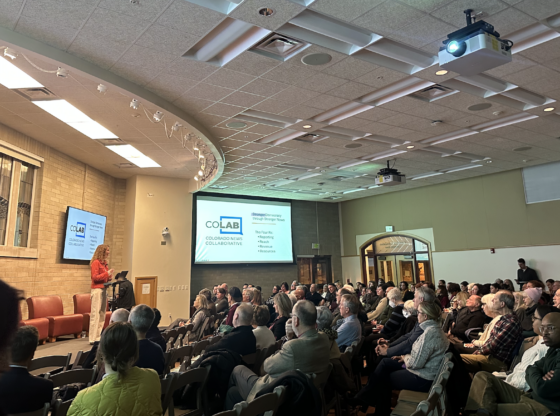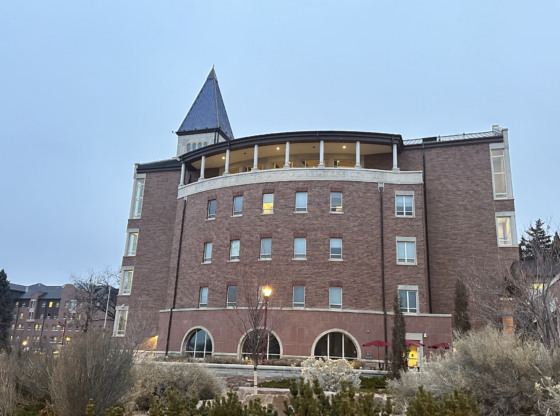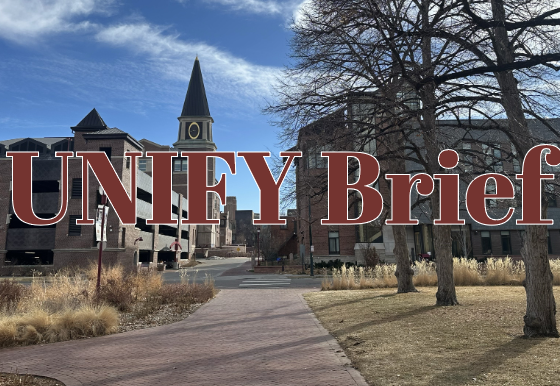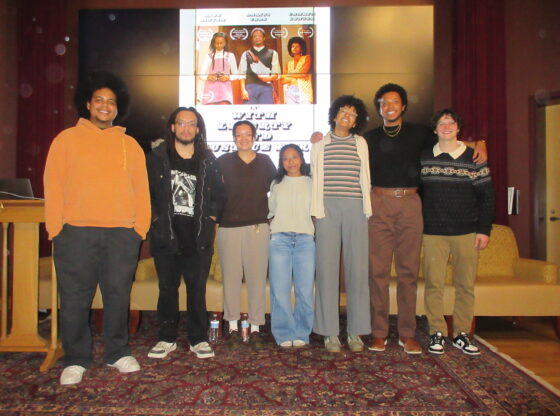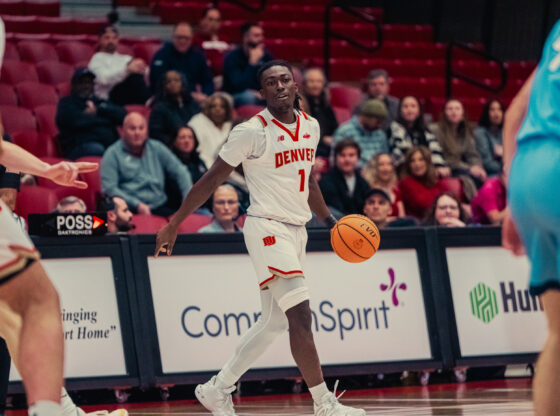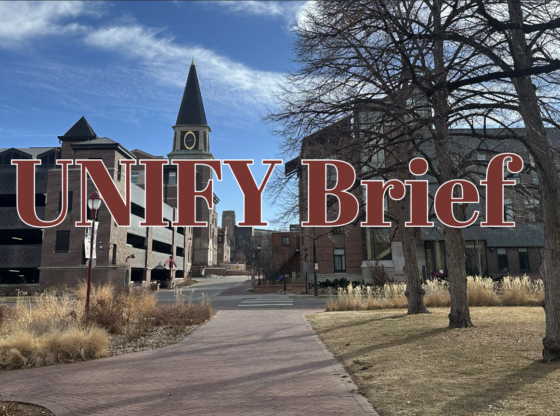With the Supreme Court in full swing, DU’s American Constitution Society (ACS) invited Law Professor Laura Rovner to discuss the high court’s recent ruling in United States v. Georgia which affects prisoners with disabilities.
Rovner, director of DU’s Civil Rights and Disability Law Clinic, is an expert in disability law and worked with the team of lawyers on this case.
First-year law student Caitlin Quander said she found the discussion to be enlightening and interesting.
Due to the complexity of the case, Rovner first described some of the previous cases which laid the foundation for this decision.
The interpretation of the Eleventh Amendment and the Americans with Disabilities Act (ADA) was another large portion of the necessary background.
Tony Goodman, a paraplegic in a Georgia prison, filed the case to sue the state for damages under the ADA.
He contends that his prison cell did not allow him to transfer himself to the toilet or bed so he was forced to sit in his waste and sleep in his wheelchair while guards refused to help.
The Supreme Court sent the case back to the U.S. District Court for reconsideration.
When describing the court’s ruling, Rovner said, “The court missed an opportunity to go broad” and make a ruling that would set a standard for accommodating prisoners with disabilities.
Katie Potter, second-year law student and president and founder of the DU chapter of the ACS, found it surprising how difficult it is for a disabled person to claim damages.
Potter started the ACS last August to promote a progressive vision of the Constitution, law and public policy.
The group explores recent Supreme Court cases by inviting a variety of speakers and holding panels for discussion.
The organization also sponsors other events, such as the discussion about direct voting which will be held this Thursday.


